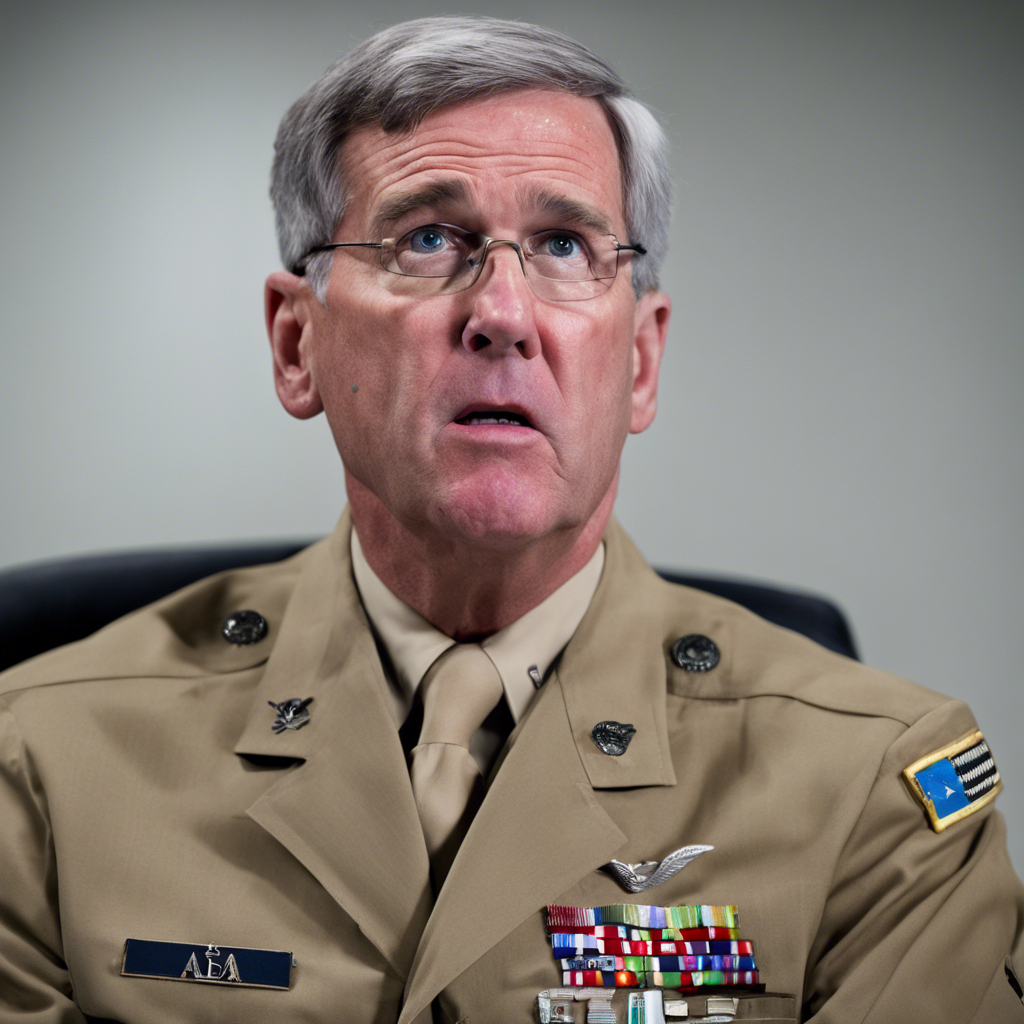US Defense Secretary Takes Responsibility for Secrecy Surrounding Hospitalization

Lloyd Austin admits to lack of transparency regarding ongoing hospitalization for undisclosed medical condition
US Defense Secretary Lloyd Austin has taken “full responsibility” for the lack of transparency surrounding his ongoing hospitalization for a still-unspecified medical condition. Austin, who is 70 years old, was admitted to Walter Reed National Military Medical Center on New Year’s Day. The Pentagon initially stated that the hospitalization was due to complications following a recent elective medical procedure but failed to provide further details. Austin’s admission was kept secret for five days, leading to criticism from senior Biden administration leaders, Pentagon officials, and members of Congress.
Austin’s Acknowledgment and Commitment to Transparency
In a written statement on Saturday, Austin acknowledged that he could have done a better job in informing the public about his hospitalization. He expressed his commitment to improving transparency in the future. Austin emphasized that the decision to disclose information about his medical procedure was his own responsibility, taking full ownership of the lack of disclosure.
Lack of Awareness Among Senior Officials
According to the Associated Press, senior Biden administration leaders, top Pentagon officials, and members of Congress were unaware of Austin’s hospitalization for several days. The Pentagon did not inform the White House National Security Council or top adviser Jake Sullivan until Thursday. This lack of communication raised questions about the extent of information sharing within the administration and the adherence to legal requirements to inform Congress immediately.
Criticism and Calls for Accountability
The Pentagon’s failure to promptly inform Congress about Austin’s hospitalization has drawn criticism from Senator Roger Wicker, the top Republican on the Senate Armed Services Committee. Wicker accused the Pentagon of not fulfilling its legal obligation to inform Congress in a timely manner. He expressed concern that the lack of transparency erodes public trust in the Biden administration, citing previous incidents where the administration failed to disclose information about national security incidents.
Delegation of Duties and Decision-Making
During Austin’s hospitalization, it remains unclear to what extent his duties were delegated to his deputy, Kathleen Hicks. Hicks, who assumed temporary leadership in Austin’s absence, was also away. However, a US official stated that Hicks had a communications setup in Puerto Rico that allowed her to perform her duties while Austin was incapacitated. The involvement of Austin in key decisions during his absence has not been clarified.
Trust and Transparency in Question
The lack of transparency surrounding Austin’s hospitalization has further raised concerns about trust and transparency within the Biden administration. Senator Wicker highlighted previous instances where the administration failed to promptly disclose national security incidents, such as the appearance of a Chinese spy balloon over the US. The decision to release information about Austin’s hospitalization on a Friday evening, when online readership is typically lower, has been criticized by the Military Reporters and Editors organization for perpetuating a lack of transparency.
Conclusion:
US Defense Secretary Lloyd Austin has taken responsibility for the lack of transparency surrounding his ongoing hospitalization. The delayed disclosure of his hospitalization has raised questions about information sharing within the Biden administration and adherence to legal requirements. The incident has further eroded public trust in the administration’s commitment to transparency. Moving forward, Austin has pledged to improve communication and ensure that the public is appropriately informed. The incident serves as a reminder of the importance of open and timely communication, particularly when it involves high-ranking officials responsible for national security.

